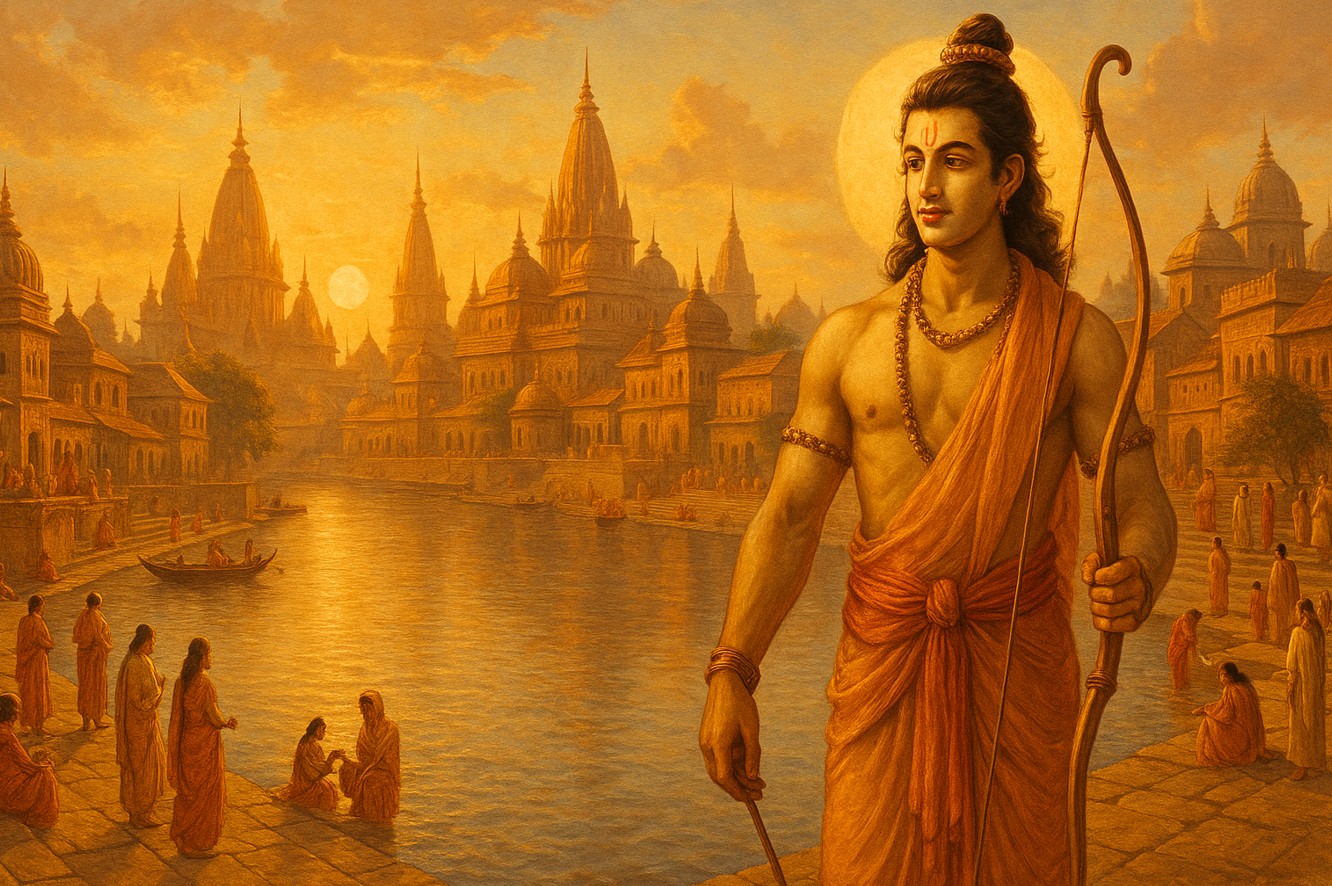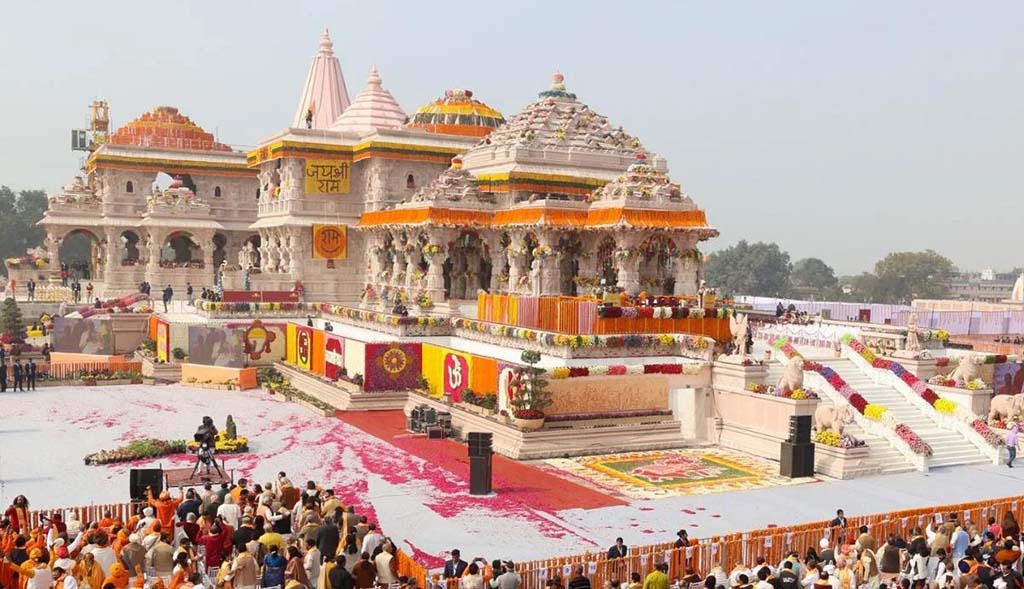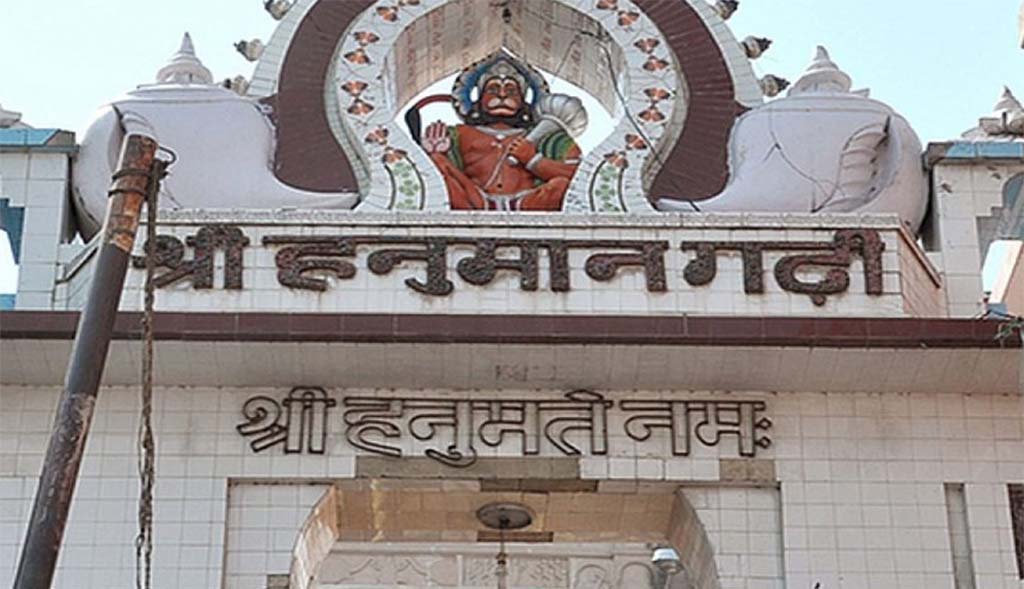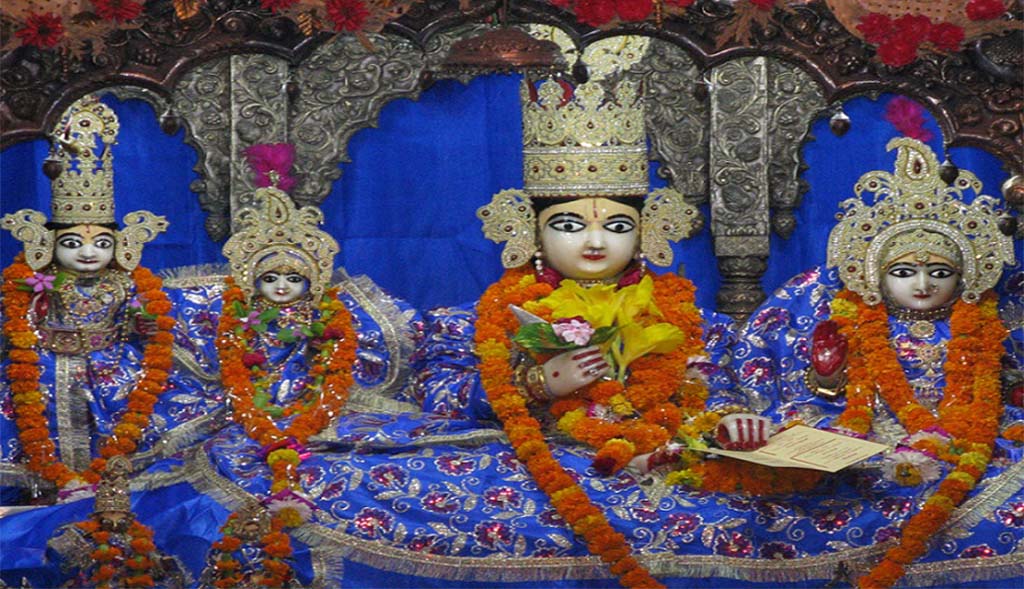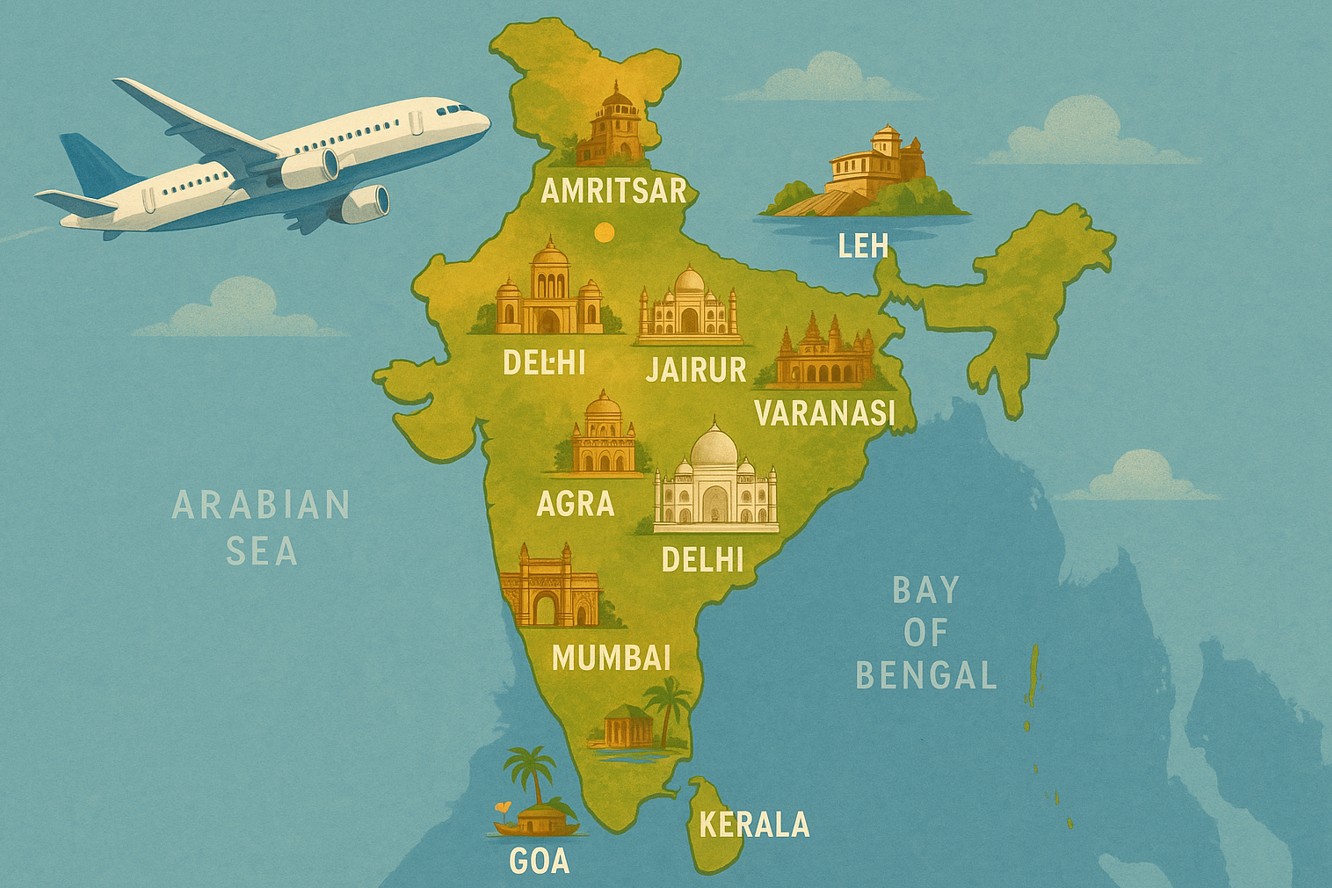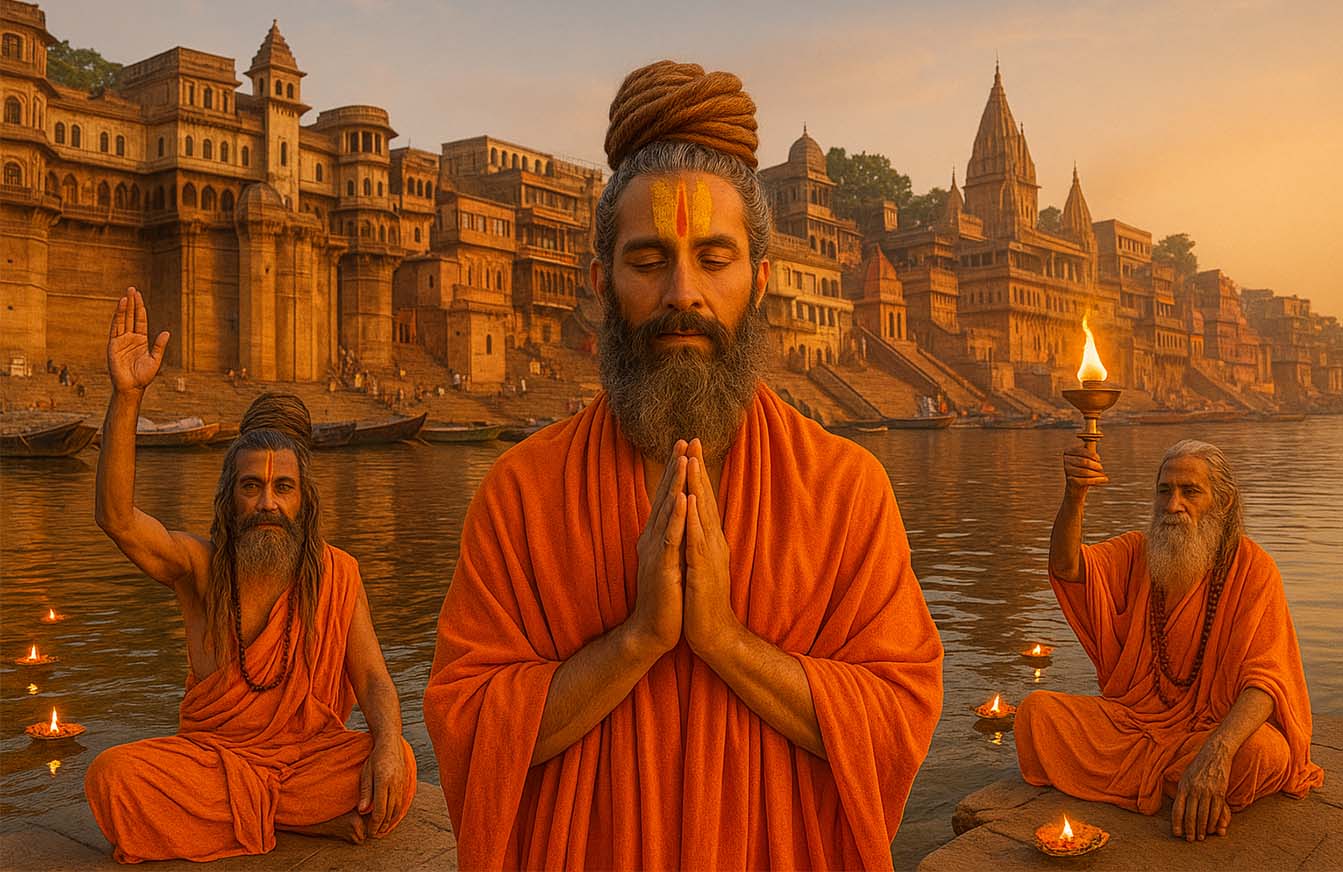Why Sringverpur is Famous: Discover the Untold Story Behind the Place

India is a land where mythology and history often intertwine, creating destinations that are as spiritually powerful as they are historically rich. One such place, quietly nestled along the banks of the Ganges River in Uttar Pradesh, is Sringverpur—a village whose name might not yet be on every traveler’s list, but whose legacy runs deep in the pages of the Ramayana.
With the rising interest in spiritual travel and offbeat heritage sites, Sringverpur Tour Packages are becoming popular among those seeking a more meaningful journey. But what exactly makes Sringverpur famous? Let’s uncover the untold story behind this hidden gem of Indian mythology.
The Legendary Bond Between Lord Rama and Nishadraj
The primary reason Sringverpur is revered lies in its mention in the Ramayana. It was here that Lord Rama, accompanied by Sita and Lakshmana, arrived during their 14-year exile. They needed to cross the Ganges, and it was Nishadraj Guh, the tribal king of the Nishads, who offered them assistance. The encounter wasn’t just a moment of logistical help—it was a symbolic episode of friendship that transcended caste, class, and social status.
Nishadraj’s unwavering devotion to Lord Rama is remembered with deep respect. The tale of him washing Rama’s feet before helping him cross the river showcases humility and bhakti (devotion) in its purest form. This powerful narrative makes Sringverpur a place of spiritual reflection, and its connection to the values of loyalty, humility, and unity continues to inspire pilgrims and travelers alike.
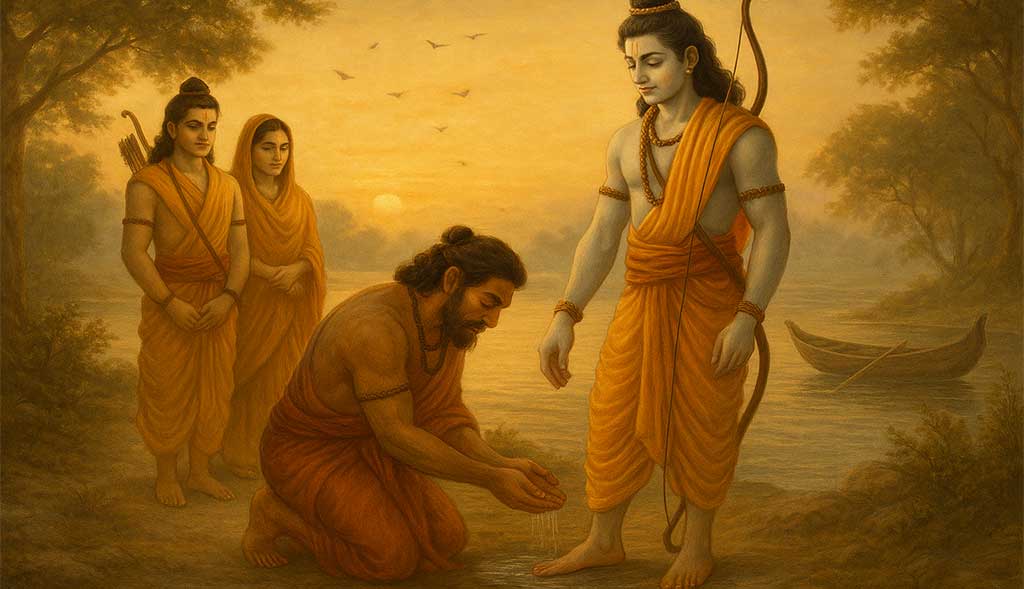
Ancient Ruins, Sacred Sites, and Stories in Stone
Sringverpur’s significance isn’t limited to mythology—it has archaeological importance as well. Excavations have revealed remains of a temple structure and fortifications that date back to early historical periods, reinforcing the idea that this land has been spiritually and culturally active for centuries.
Sites like the Ram Ghat—believed to be the very place from where Lord Rama crossed the river—and local shrines dedicated to Nishadraj and Rama offer visitors a tangible connection to the legend. Ram Vatika, a recent development, provides a peaceful garden and interpretative space for devotees and tourists to explore the essence of the Ramayana.
For history buffs and spiritual seekers, Sringverpur Tour Packages offer guided experiences that combine storytelling, local folklore, and visits to these sacred landmarks—turning a simple village visit into a soul-stirring exploration.
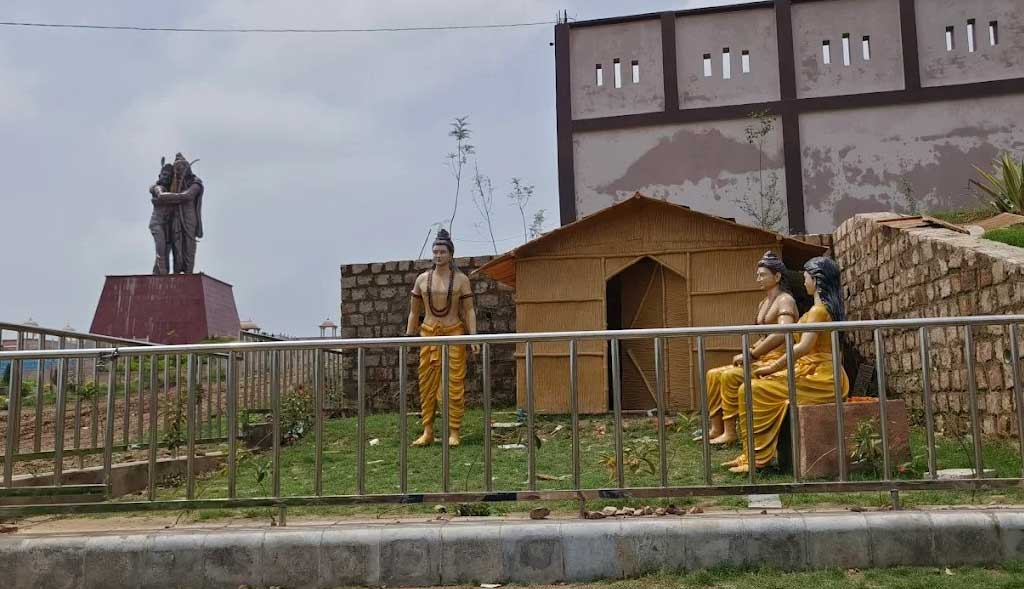
India is a land where mythology and history often intertwine, creating destinations that are as spiritually powerful as they are historically rich. One such place, quietly nestled along the banks of the Ganges River in Uttar Pradesh, is Sringverpur—a village whose name might not yet be on every traveler’s list, but whose legacy runs deep in the pages of the Ramayana.
With the rising interest in spiritual travel and offbeat heritage sites, Sringverpur Tour Packages are becoming popular among those seeking a more meaningful journey. But what exactly makes Sringverpur famous? Let’s uncover the untold story behind this hidden gem of Indian mythology.
Why Include Sringverpur in Your Uttar Pradesh Itinerary?
Uttar Pradesh is home to iconic religious destinations like Varanasi, Ayodhya, and Prayagraj. Yet, Sringverpur adds a unique layer to this spiritual triangle. It is less crowded, more authentic, and rich in both mythology and heritage.
When planned as part of Uttar Pradesh Tour Packages, Sringverpur provides the perfect detour from typical tourist circuits. Located just about 40 kilometers from Prayagraj, it is easily accessible yet remains blissfully untouched by commercialization. The peaceful ambiance, the flowing Ganges, and the deeply rooted traditions offer an intimate and introspective travel experience.
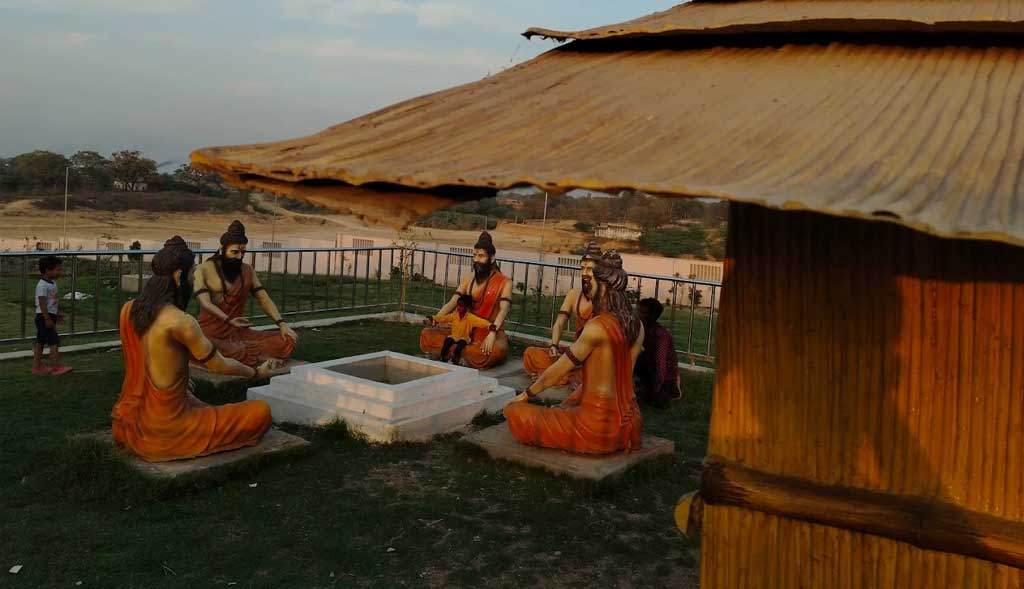
Travel with the Best: Choosing the Right Operator
For such a culturally nuanced destination, it’s essential to travel with someone who truly understands the place and its soul. The Best Tour Operator in India will ensure your visit to Sringverpur isn’t just a sightseeing stop but a transformational journey. Look for operators who specialize in spiritual and cultural tourism, provide local guides, and offer immersive activities like storytelling sessions, folk performances, and visits to lesser-known sites.
Customized Sringverpur Tour Packages by top-rated operators often include transportation, local interactions, and curated insights that enrich the entire experience. These packages are ideal for solo travelers, families, and spiritual groups alike.
Conclusion
So why is Sringverpur famous? It’s not just a village—it’s a chapter of the Ramayana etched into the earth. It tells the story of a friendship that broke societal barriers and a journey that shaped a divine destiny. It holds the echoes of prayers, the footprints of gods, and the warmth of a culture that honors humility and devotion.
With carefully designed Uttar Pradesh Tour Packages and guidance from the Best Tour Operator in India, you can experience the depth and dignity of Sringverpur for yourself. Let its sacred soil remind you of what true friendship, faith, and devotion really mean—and carry those values forward, long after your journey ends.

